On October 21, in Hanoi, the National Border Committee and the Ministry of Foreign Affairs chaired the international workshop "Resolving territorial border disputes in a volatile world."
The workshop gathered many of the world's leading experts and scholars on international law, with the participation of more than 130 delegates who are leaders and officials working on territorial border affairs at agencies and units of the Ministry of Foreign Affairs, ministries, branches, research institutes and universities of Vietnam.
In his opening speech, Permanent Deputy Minister of Foreign Affairs Nguyen Minh Vu emphasized that the world is currently undergoing profound changes with many non-traditional security challenges, including climate change and new technology.
In that context, maintaining peace, stability and peacefully resolving territorial and border disputes on the basis of international law are of particular importance.
He affirmed that the border is not only the ending point of one country but also the starting point of another country, a bridge of cooperation and development between countries.
During four working sessions, experts and scholars from France, Singapore, India, Belgium, Canada, Australia, the United States, South Korea, Vietnam, etc. discussed legal and practical issues in resolving border and territorial disputes; the impact of climate change and new technology on the international legal system on land and sea borders as well as the role of international cooperation in managing and handling these issues.
In recent times, many border and territorial disputes have been resolved through negotiation, conciliation or through international judicial bodies.
Scholars emphasize that in reality, there are many mechanisms and measures to solve these problems, but it is necessary to ensure that these measures are in accordance with international law.
Over the years, Vietnam has been one of the typical countries in effectively resolving territorial border issues.
Regarding the role of emerging technologies in managing and resolving territorial border disputes, experts said that there are still many legal issues in the use of monitoring and information collection equipment in land border areas as well as in sea areas under the sovereignty and sovereign rights of coastal states.
Delegates also shared experiences in border security control; proposed that instead of using maritime identification devices as a tool to restrain and compete between related countries, it is necessary to take advantage of the strengths of this system to promote international cooperation in maritime management.
Scholars also argue that climate change, especially rising sea levels, not only affects baselines and maritime boundaries established under the 1982 United Nations Convention on the Law of the Sea (UNCLOS), but also poses legal challenges to some small island states in the event of their territories being completely submerged.
That context requires the international community to soon reach consensus on the principle of ensuring legal stability of announced baselines and maritime boundaries, in order to avoid new disputes.
Many opinions emphasized the importance of applying provisional measures under Articles 74 and 83 of UNCLOS in the process of delimiting exclusive economic zones and continental shelves between countries with overlapping areas, in order to maintain peace, stability and facilitate the reaching of final agreements.
This is also a direction in line with the negotiation process of the Code of Conduct in the East Sea (COC), contributing to building trust, enhancing cooperation and preventing conflicts at sea.
At the workshop, appreciating the active participation, intellectual contributions and valuable experiences of the delegates, Chairman of the National Border Committee Trinh Duc Hai emphasized that the discussion sessions not only clarified the legal and practical aspects in resolving territorial border issues in the context of an ever-changing world, but also suggested appropriate and effective solutions. To do that, it requires perseverance, determination and unanimous cooperation of the entire international community, in which respect for international law is a key factor.
The workshop was held within the framework of the 50th anniversary of the establishment of the National Border Committee (1975-2025); thereby affirming the core role of the Committee in establishing, managing and firmly protecting the independence, sovereignty and territorial integrity of Vietnam, contributing to peace, stability and sustainable development in the region and the world./.
Source: https://www.vietnamplus.vn/hoi-thao-giai-quyet-tranh-chap-bien-gioi-lanh-tho-trong-mot-the-gioi-bien-dong-post1071719.vnp



![[Photo] Da Nang residents "hunt for photos" of big waves at the mouth of the Han River](https://vphoto.vietnam.vn/thumb/1200x675/vietnam/resource/IMAGE/2025/10/21/1761043632309_ndo_br_11-jpg.webp)
![[Photo] Prime Minister Pham Minh Chinh received Mr. Yamamoto Ichita, Governor of Gunma Province (Japan)](https://vphoto.vietnam.vn/thumb/1200x675/vietnam/resource/IMAGE/2025/10/21/1761032833411_dsc-8867-jpg.webp)


![[Photo] Prime Minister Pham Minh Chinh meets with Speaker of the Hungarian National Assembly Kover Laszlo](https://vphoto.vietnam.vn/thumb/1200x675/vietnam/resource/IMAGE/2025/10/20/1760970413415_dsc-8111-jpg.webp)
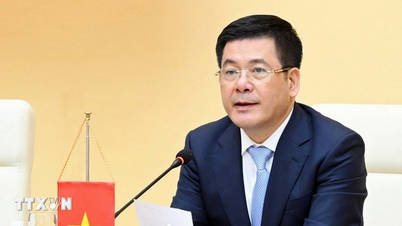
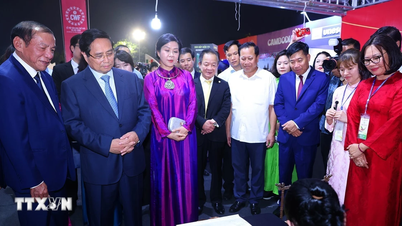
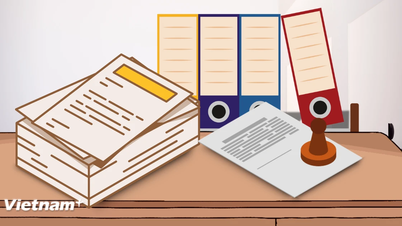

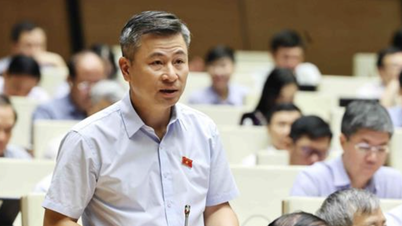
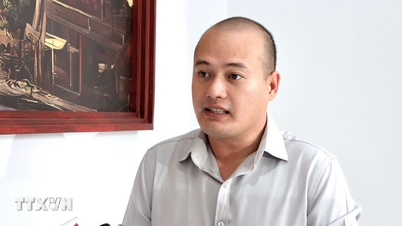
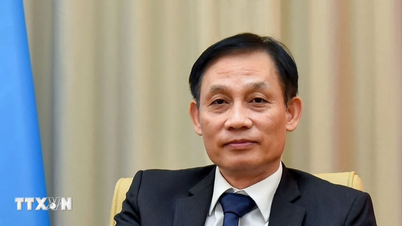
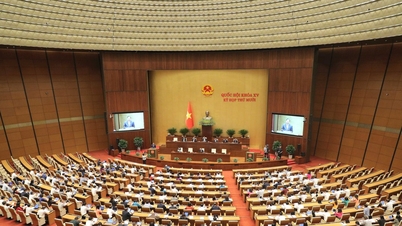

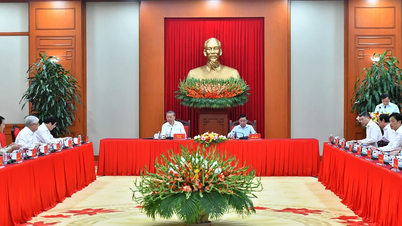

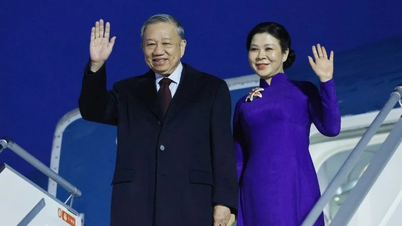
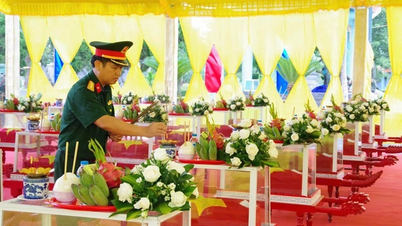
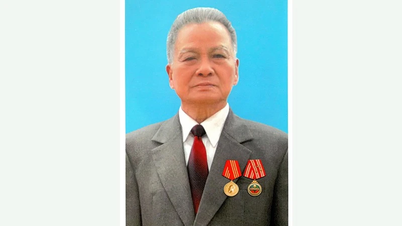




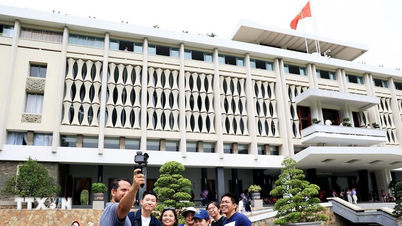
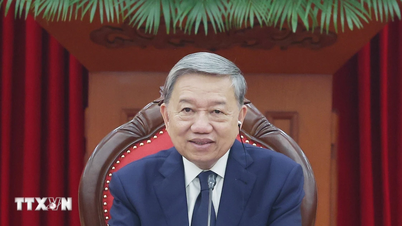
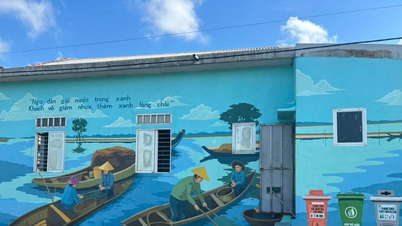
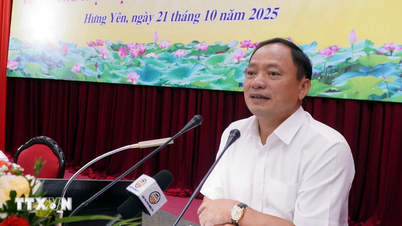























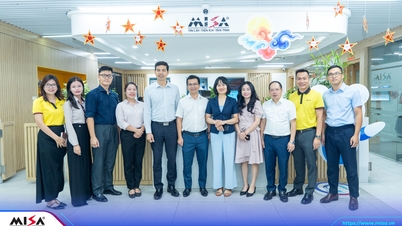














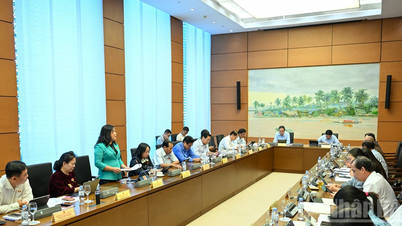
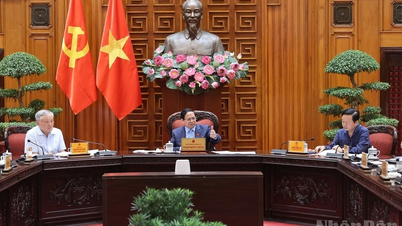
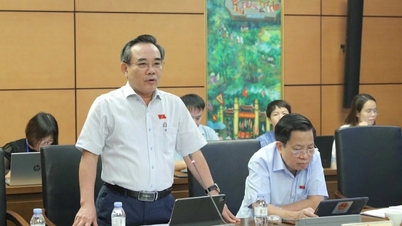
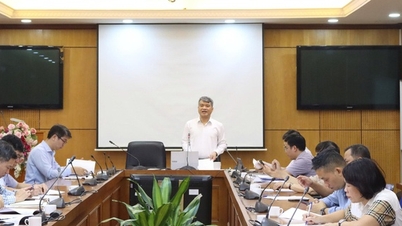
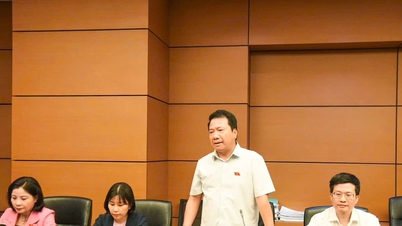
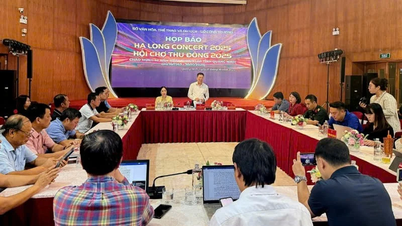
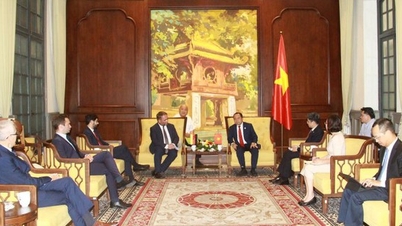

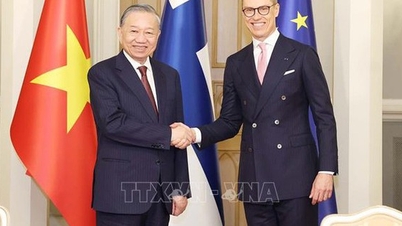
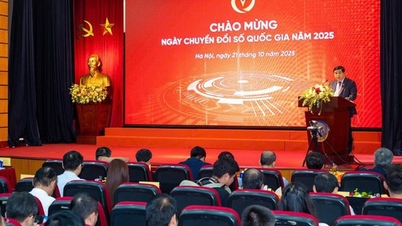


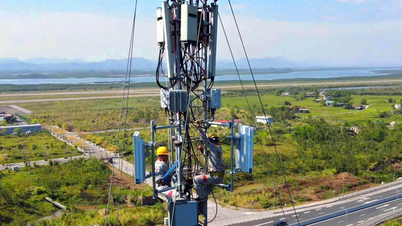
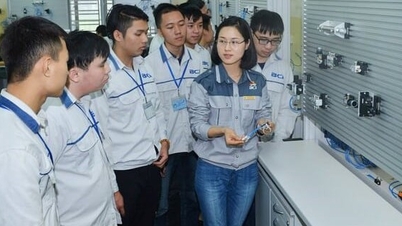




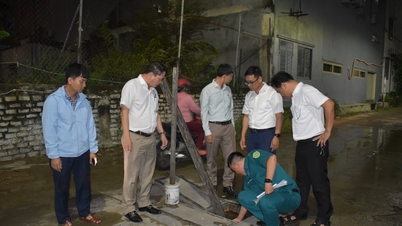

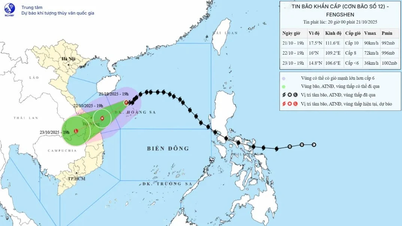

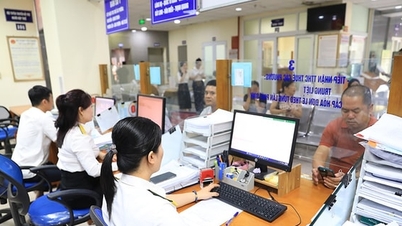













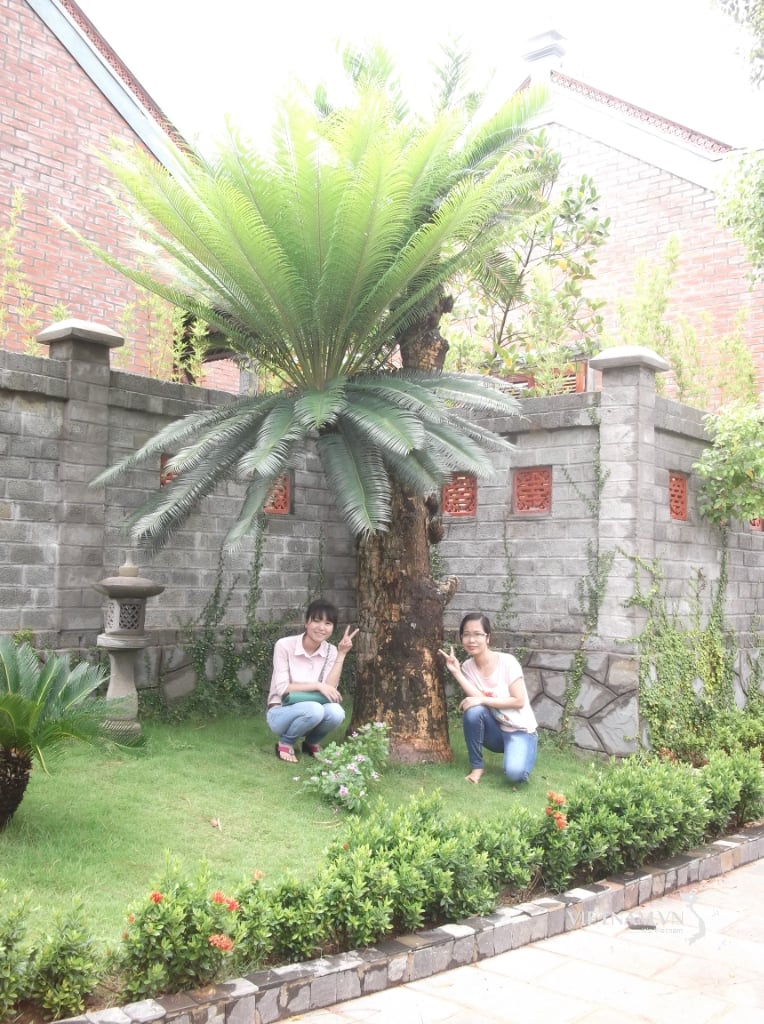


Comment (0)